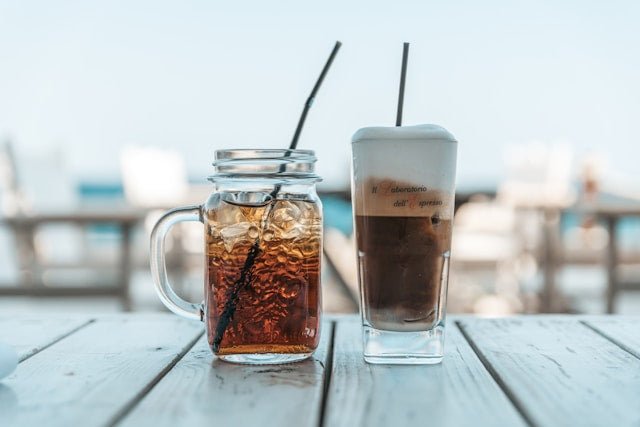People often ask, "Which is better, tea or coffee?" Let's dive into the science behind both beverages.
Composition of Tea
Tea contains three primary components: tea polyphenols, caffeine, and theanine.- Tea Polyphenols: The most abundant component in tea, responsible for its astringency, includes flavonoids, epigallocatechin gallate (EGCG), and other catechins.
- Caffeine: A central nervous system stimulant that gives tea its bitter taste and provides a wakefulness boost.
- Theanine: An amino acid that contributes to tea's fresh flavor and longer-lasting anti-fatigue effects.
Health Benefits of Drinking Tea
-
Reduces Risk of Type 2 Diabetes: A study tracking 38,000 middle-aged and older American women over 8.8 years found that those who drank four or more cups of tea daily had a 30% lower risk of developing type 2 diabetes compared to non-tea drinkers.
-
Lowers Stroke Risk: Research indicates that drinking 2-3 cups of green tea daily can reduce stroke risk by 14%, and four or more cups daily can lower the risk by 20%.
-
Reduces Hypertension Risk: A study involving 76,000 Chinese adults showed that tea drinkers had a lower risk of hypertension. Specifically, green tea reduced the risk by 6%, while black tea reduced it by 26%.
-
Lowers Mortality Risk: A 2022 study published in the Annals of Internal Medicine found that those who drank two or more cups of tea daily had a 9-13% lower risk of all-cause mortality compared to non-tea drinkers.
Coffee

Composition of Coffee
Coffee's primary stimulant is caffeine. Unlike tea, which contains multiple "caffeine-like" substances such as theobromine, theophylline, and theanine, coffee's effects are solely due to caffeine.
Health Benefits of Drinking Coffee
-
Reduces Risk of Type 2 Diabetes: Consistent, moderate coffee consumption (2-3 cups daily) is linked to a lower risk of developing type 2 diabetes, according to widely accepted medical research.
-
Lowers Cancer Risk: In 2016, the World Health Organization (WHO) confirmed that coffee is not carcinogenic. Various studies have shown that coffee can reduce the risk of liver, breast, and ovarian cancers.
-
Promotes Fat Loss: A study published in the Journal of the International Society of Sports Nutrition demonstrated that drinking a strong cup of coffee 30 minutes before aerobic exercise significantly increased fat burning and enhanced weight loss.
Caffeine Content Comparison
When you need a quick energy boost, coffee is the go-to option:- A 300ml cup of green tea contains about 28mg of caffeine.
- A 300ml cup of coffee contains about 96mg of caffeine.


